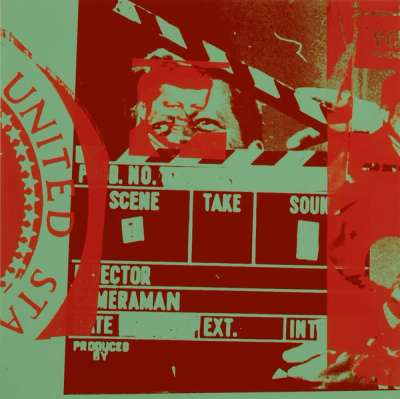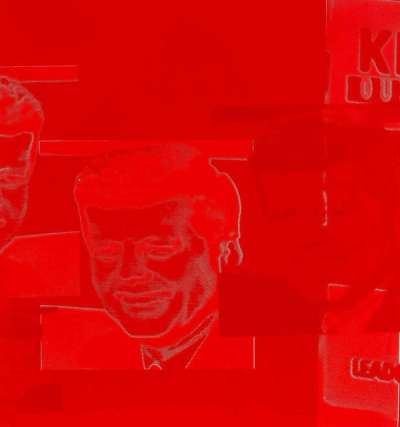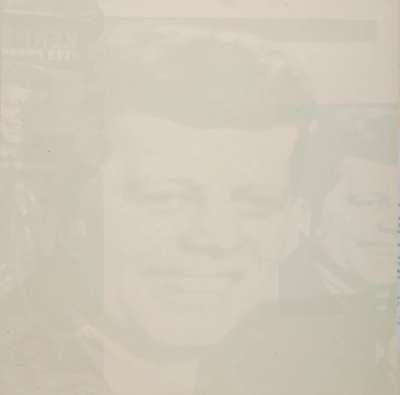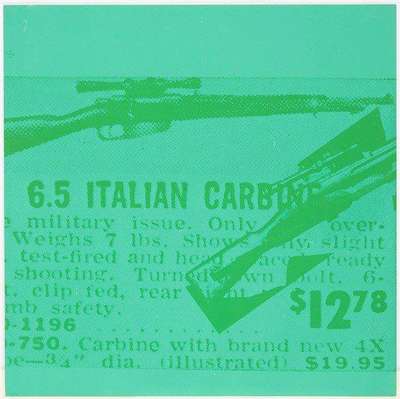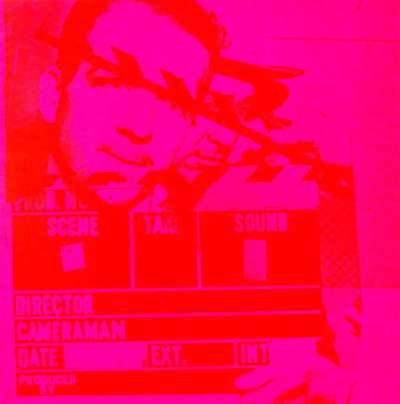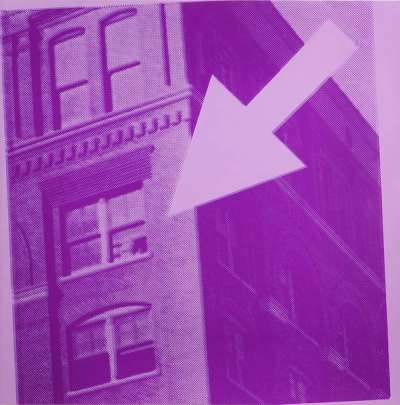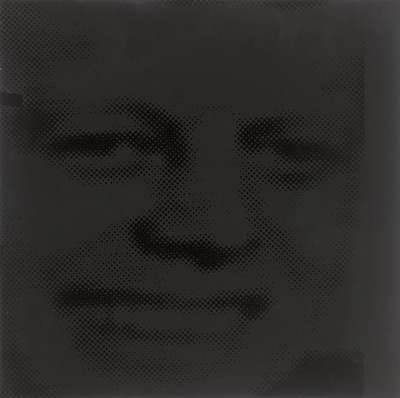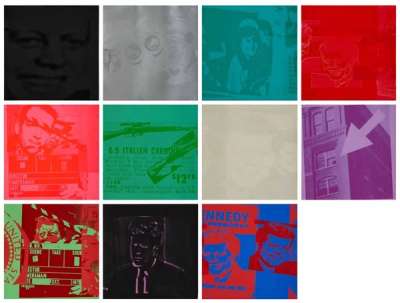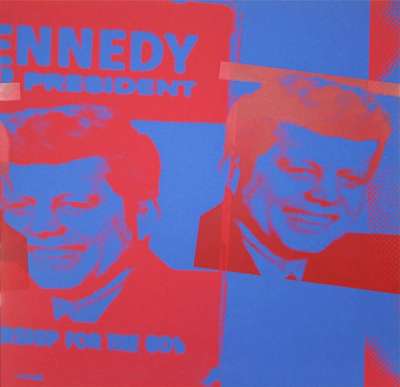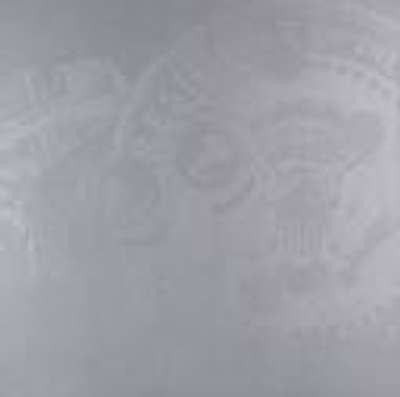
Flash November 22 (F. & S. II.41)

Flash November 22 (F. & S. II.41)
Signed Print
Andy Warhol
£4,000-£6,000Value Indicator
$8,000-$12,000 Value Indicator
$7,000-$10,500 Value Indicator
¥35,000-¥60,000 Value Indicator
€4,800-€7,000 Value Indicator
$40,000-$60,000 Value Indicator
¥770,000-¥1,150,000 Value Indicator
$5,000-$7,500 Value Indicator
AAGR (5 years) This estimate blends recent public auction records with our own private sale data and network demand.
There aren't enough data points on this work for a comprehensive result. Please speak to a specialist by making an enquiry.
Medium: Screenprint
Edition size: 200
Year: 1968
Size: H 50cm x W 50cm
Signed: Yes
Format: Signed Print
TradingFloor
Track this artwork in realtime
Watch artwork, manage valuations, track your portfolio and return against your collection
Track auction value trend
Auction Results
| Auction Date | Auction House | Location | Hammer Price | Return to Seller | Buyer Paid |
|---|---|---|---|---|---|
| November 2024 | Artcurial | France | |||
| October 2024 | Doyle Auctioneers & Appraisers | United States | |||
| February 2024 | Phillips New York | United States | |||
| November 2023 | Neww Auction | Japan | |||
| June 2005 | Christie's London | United Kingdom |
Meaning & Analysis
Andy Warhol’s print Flash-November 22 (F. & S. II.41) from his Flash-November 22, 1963series (1968) shows President Kennedy’s face outlined in purple against a black background. The print’s title stems from the phrase ‘news-flash’, alluding to a piece of highly important news in the mass-media. Warhol returned again and again to the events of Kennedy’s assassination in 1963 and its related images, notably his Jackie Kennedy prints (1965), with this portfolio being his last iteration of the subject.
Based on campaign posters, mass media photos and advertisement, the Flash-November 22, 1963 series elevates and appropriates news items into the realm of high art, so to question the value of art in comparison to this widely disseminated imagery. Warhol uses his renowned screen printing method to deliberately flatten and colour the original photograph in bright green and red.
Mimicking the mass-produced and widely circulated image of Kennedy’s assassination in the news-media through the screen printing method, Warhol explores how the public has become desensitised to themes of death and tragedy with the proliferation of mass-news images. Each of the prints are supplemented by Teletype reports written by Philip Greer, providing a media narrative to the images that constructs our understanding of the event. Warhol makes it clear that mass-media coverage can detrimentally shape public opinion to the extent that it eclipses individual comprehension of such grave instances.
